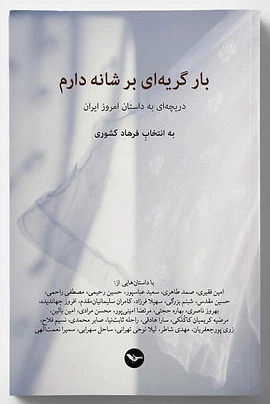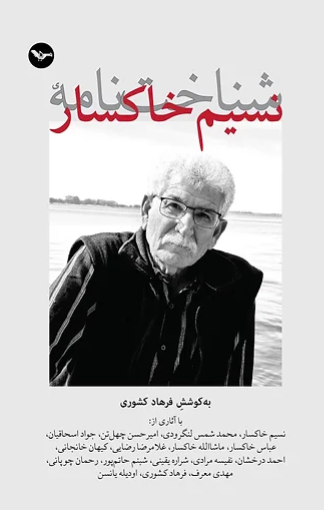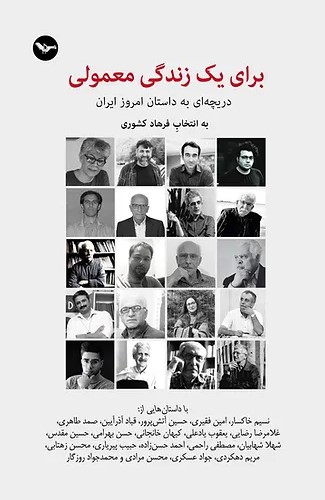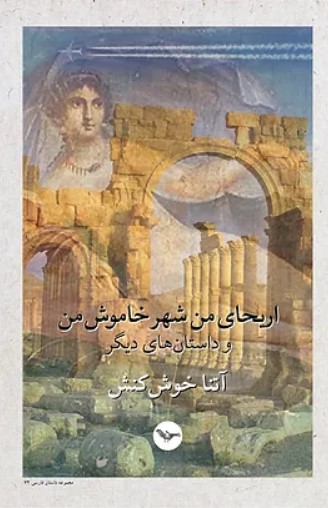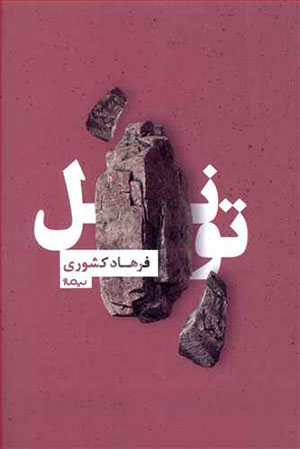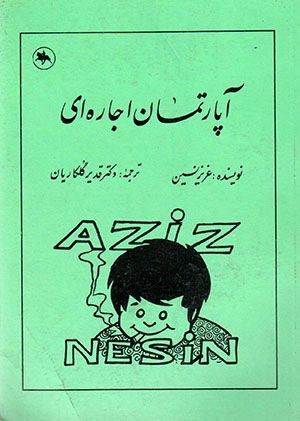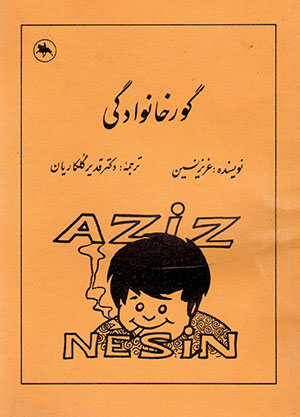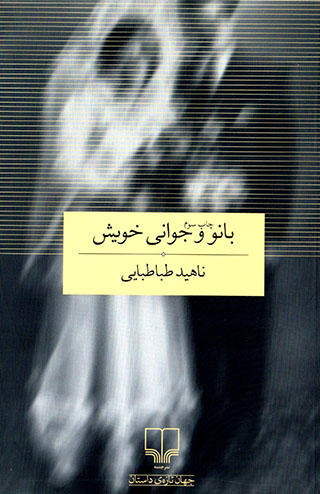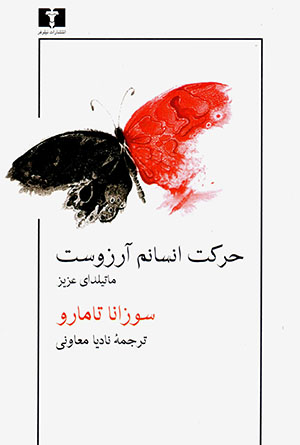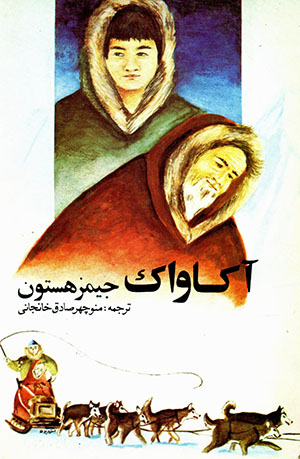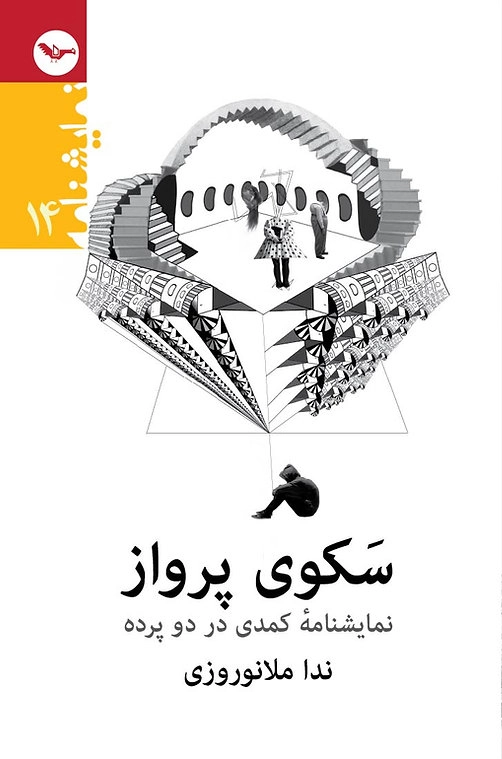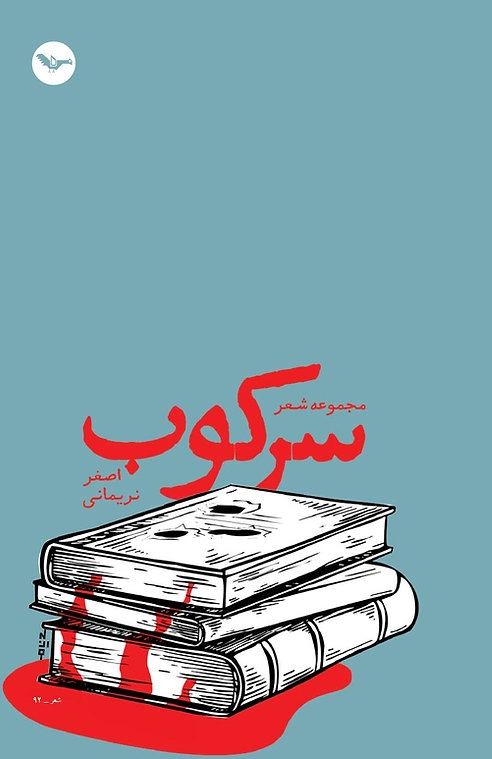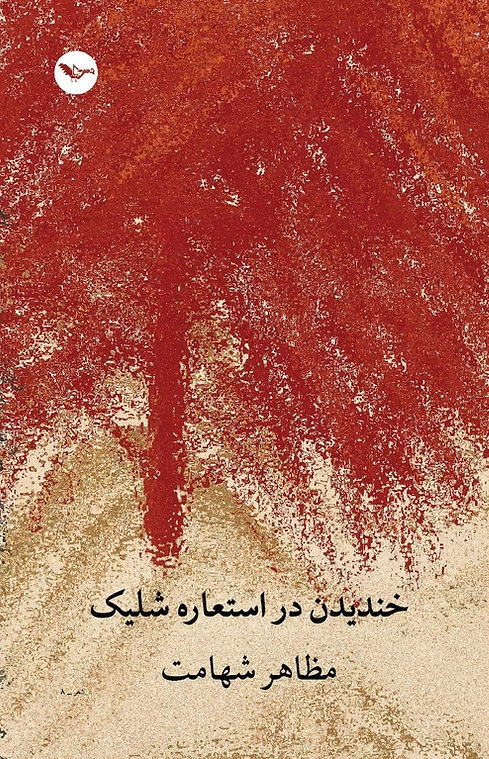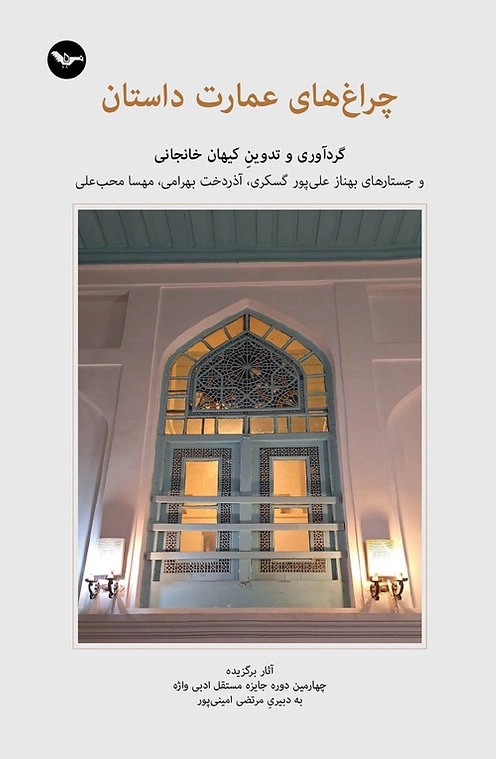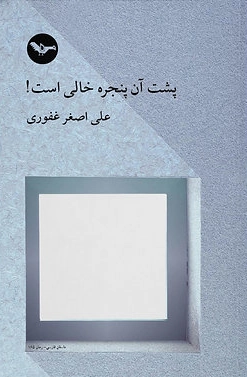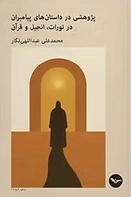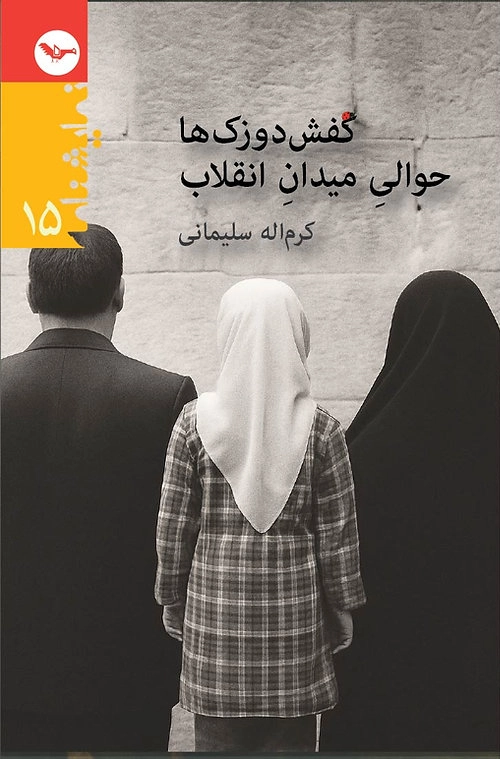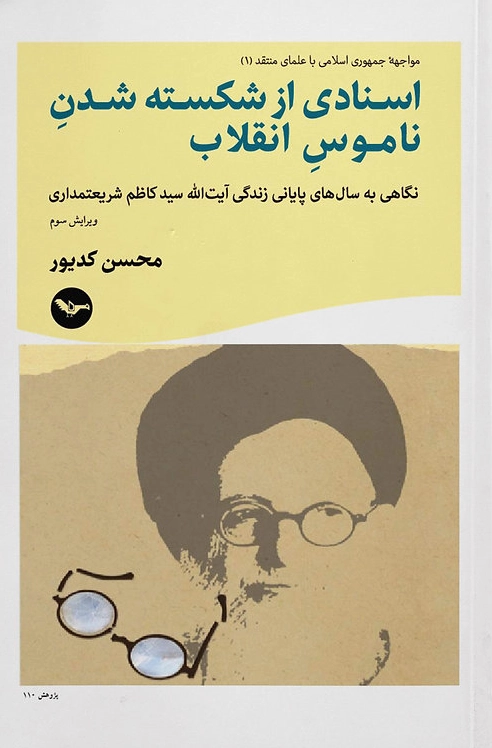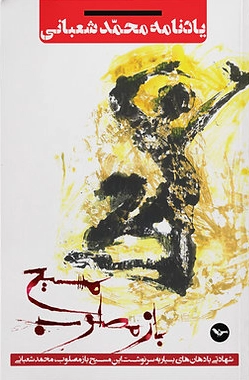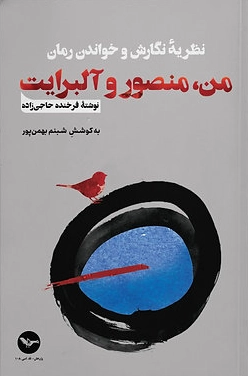Bār-i geryah’ī bar shānah dāram Persiska (Farsi) 2025
بار گریه ای بر شانه دارم
A Glimpse into Contemporary Iranian Fiction brings together a diverse collection of short stories by notable voices in today’s Iranian literature. Curated by Farhad Keshvari, this anthology showcases a rich spectrum of themes, styles, and narrative approaches that reflect the complexities, hopes, and lived experiences of contemporary Iran.
The collection features works by Mostafa Rahimi, Amin Faghiri, Samad Taheri, Saeed Abbaspour, Hossein Rahimi, Hossein Moghaddas, Sahil Sohrabi, and several other distinguished writers who have each contributed significantly to the landscape of modern Persian fiction.
A special section is dedicated to three writers from Rasht’s “Wednesday Story Circle”—Shabnam Bozorgi, Raheleh Sabetnia, and Sara Hadeghi—offering fresh regional perspectives and unique storytelling from northern Iran.
This anthology serves as an inviting gateway for readers interested in discovering the evolving currents of Iranian storytelling and the emerging voices shaping its literary future.
Back Cover Text:
The absence of freedom is one of the main obstacles to expressing the thoughts and inner reflections of a writer and shaping a story. Censorship, with its sharp blade, builds a wall against uninhibited writing and the free play of imagination. Depending on the ruling ideology, the scissors of censorship cut through various subjects. Beyond harming literature, art, and culture, censorship also inflicts psychological and personal damage.
In a censored society, individuals often cannot be their true selves; they must suppress opinions and inner thoughts for fear of punishment. From childhood, people are constrained in expressing certain ideas, and throughout school, work, and public life, the barriers of censorship harm their psychological well-being. Many of their desires are rejected and pushed into the subconscious, sometimes resurfacing as mental health issues, leaving the individual psychologically distressed. The blade of censorship damages a writer’s creativity—and even more harmful is self-censorship, which carries its own profound psychological consequences.
مجموعهداستان «دریچهای به داستان امروز ایران» گزیدهای است از آثار نویسندگان برجسته و نسلهای متنوع داستاننویسی معاصر ایران که با انتخاب فرهاد کشوری گردآوری شده است. این کتاب با هدف ارایه تصویری چندلایه از تجربه ایرانی امروز، طیفی گسترده از سبکها، صداها و روایتها را در بر میگیرد.
در این مجموعه آثاری از نویسندگانی چون مصطفی راحمی، امین فقیری، صمد طاهری، سعید عباسپور، حسین رحیمی، حسین مقدس، ساحل سهرابی و دیگر چهرههای برجسته دیده میشود؛ نویسندگانی که هر یک با زبان، نگاه و دغدغههای خاص خود سهمی در شکلگیری داستاننویسی معاصر دارند.
بخش ویژهای از کتاب نیز به سه داستان منتخب از اعضای کانون داستان چهارشنبه رشت اختصاص دارد؛ نویسندگان گیلانی که روایتهایشان رنگ و بوی تازهای از تجربه زیسته شمال ایران را وارد مجموعه میکند:
شبنم بزرگی، راحله ثابتنیا و سارا هادقی.
این کتاب فرصتی است برای مخاطبانی که میخواهند با جریانهای تازه، نگاههای متفاوت و مسیرهای نو در داستاننویسی معاصر ایران آشنا شوند؛ «دریچهای» واقعی به سوی روایتهایی که امروز در ادبیات ایران شکل میگیرند و فردای داستان ایرانی را میسازند.
متن پشت جلد:
نبود آزادی یکی از موانع اساسی نوشتن مکنونات ذهنی و فکری و چینش اثر داستانی است که سانسور با تیغ برانش دیواری در راه بیقید و شرط نوشتن و جولان دادن تخیل و ذهن نویسنده است. قیچی سانسور با توجه به نوع ایدیولوژی حاکم، مسایل مختلفی را از دم تیغ میگذراند. سانسور علاوه بر آسیب زدن به ادبیات و هنر و فرهنگ، باعث آسیب روانی و فردی هم میشود. در جامعه سانسور زده، فرد در بسیاری از موارد نمیتواند خود واقعیاش باشد و جاهایی ناچار است از گفتن نظر و مکنونات ذهنی اش به دلیل وجود مجازات و تنبیه خودداری کند. او از همان کودکی برای گفتن بعضی مسایل در تنگنا قرار میگیرد و در مدرسه و محل کار و جاهای دیگر هم حصار سانسور به شخصیت روانی او آسیب میزند و بسیاری از خواستههایش پس زده شده و به ناخودآگاهش رانده میشود. در مواردی این پسراندگی در قالب بیماریهای روانی سر باز میکند و از او فردی روان رنجور میسازد. تیغ سانسور آسیبهای زیادی به خلاقیت نویسنده میزند، بدتر از آن خودسانسوری است که تبعات روانی دارد.

